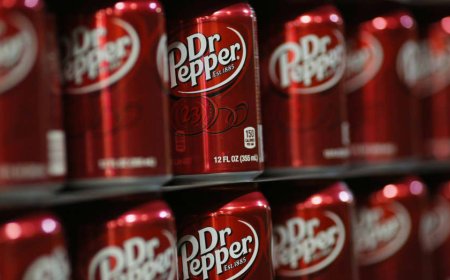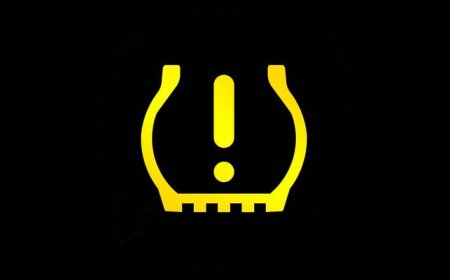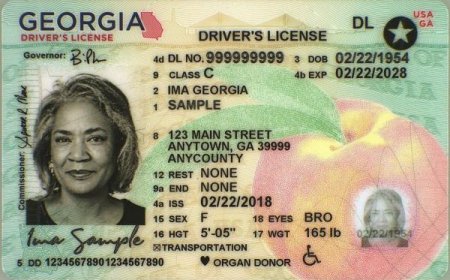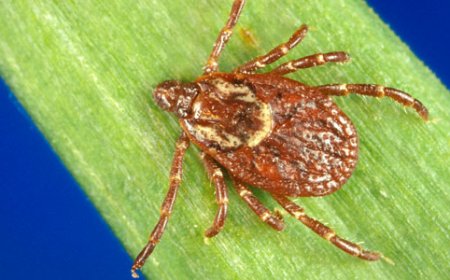How to Prevent Dog Coughing: Tips and Strategies
Learn effective tips and strategies to prevent dog coughing caused by infections, allergies, and other respiratory issues. Vaccinations, good hygiene, exercise, and a balanced diet are just a few ways to keep your furry friend healthy and happy.

How to Prevent Dog Coughing: Tips and Strategies
Dog coughing can be alarming, especially if it is persistent and your furry friend is showing signs of discomfort. Coughing in dogs can be caused by several factors such as infections, allergies, or even heart disease. As a responsible pet owner, it's essential to know how to prevent dog coughing and keep your pet healthy. In this article, we'll discuss tips and strategies to prevent dog coughing and keep your pet happy.
Understanding Dog Coughing
Coughing is a common reflex in dogs that helps clear the airways of irritants or foreign bodies. It's normal for dogs to cough occasionally, but persistent coughing could be an indication of an underlying health issue. Understanding the causes of dog coughing is vital in preventing it.
Common Causes of Dog Coughing
Infections
Infections are one of the leading causes of dog coughing. Bacterial or viral infections such as kennel cough or pneumonia can cause persistent coughing in dogs.
Allergies
Dogs can also suffer from allergies that lead to coughing. Environmental allergens such as pollen, dust, and mold can trigger an allergic reaction in your pet, causing coughing.
Heart Disease
Heart disease is a serious health issue in dogs that can cause coughing as a symptom. Heartworms, heart failure, and other heart conditions can cause a persistent cough.
Kennel Cough
Kennel cough is a highly contagious respiratory infection that affects dogs. It's usually caused by a combination of viruses and bacteria, and it's commonly spread in places with high dog traffic, such as boarding facilities and dog parks.
Collapsed Trachea
A collapsed trachea is a common respiratory condition in small dog breeds such as Chihuahuas, Pomeranians, and Toy Poodles. It can cause coughing and other respiratory symptoms in affected dogs.
Preventive Measures for Dog Coughing
Preventing dog coughing is possible by taking certain measures. Here are some tips and strategies to keep your pet healthy and cough-free:
Vaccinations
Vaccinations are one of the most effective ways to prevent dog coughing caused by infectious diseases such as kennel cough. Kennel cough is a contagious respiratory disease that affects dogs and is caused by a combination of viruses and bacteria. The vaccine for kennel cough is recommended for all dogs that are at risk of exposure, such as those that frequent dog parks, boarding facilities, or interact with other dogs.
Good Hygiene
Maintaining good hygiene practices is essential to prevent dog coughing caused by infections. Regular grooming, cleaning your pet's bedding, and washing their food and water bowls can help reduce their exposure to harmful bacteria and viruses. You should also ensure that your pet's living environment is clean and well-maintained to prevent the buildup of bacteria and other harmful particles.
Avoidance of Irritants
Identifying and avoiding environmental irritants can help prevent dog coughing caused by allergies. Allergic reactions in dogs can be triggered by environmental factors such as pollen, dust, cigarette smoke, or pollution. It's important to identify and eliminate these irritants to reduce your pet's exposure and prevent coughing.
Regular Exercise
Regular exercise is crucial for maintaining your dog's respiratory health. Exercise can help strengthen their respiratory muscles and improve lung capacity, reducing their risk of developing respiratory issues such as coughing. Exercise also helps improve overall health, which is essential in preventing various health problems, including respiratory issues.
Balanced Diet
Feeding your dog a balanced and nutritious diet is essential in maintaining their overall health, including their respiratory health. A diet that's rich in essential nutrients and vitamins can help boost your pet's immune system and reduce their risk of developing respiratory issues caused by infections or allergies. It's important to consult your veterinarian to determine the best diet for your pet based on their age, breed, and health status.
Humidifier
Using a humidifier can help relieve coughing in dogs with dry or irritated airways. Humidifiers add moisture to the air, which can help soothe your pet's throat and reduce coughing caused by dry air. However, it's important to maintain proper humidity levels to prevent the growth of harmful bacteria or mold.
Stress Management
Stress can have a negative impact on your pet's respiratory health and increase their risk of developing respiratory issues such as coughing. Stress can weaken the immune system, making your pet more susceptible to infections and other health problems. It's important to reduce your pet's stress levels through regular exercise, positive reinforcement training, and providing a safe and comfortable environment.
By following these preventive measures, you can significantly reduce your pet's risk of developing coughing or other respiratory issues. It's essential to consult your veterinarian if you notice persistent coughing in your pet, as it may be an indication of an underlying health issue that requires medical attention.
Can Dogs Eat Mango? A Comprehensive Guide
What's Your Reaction?






















































